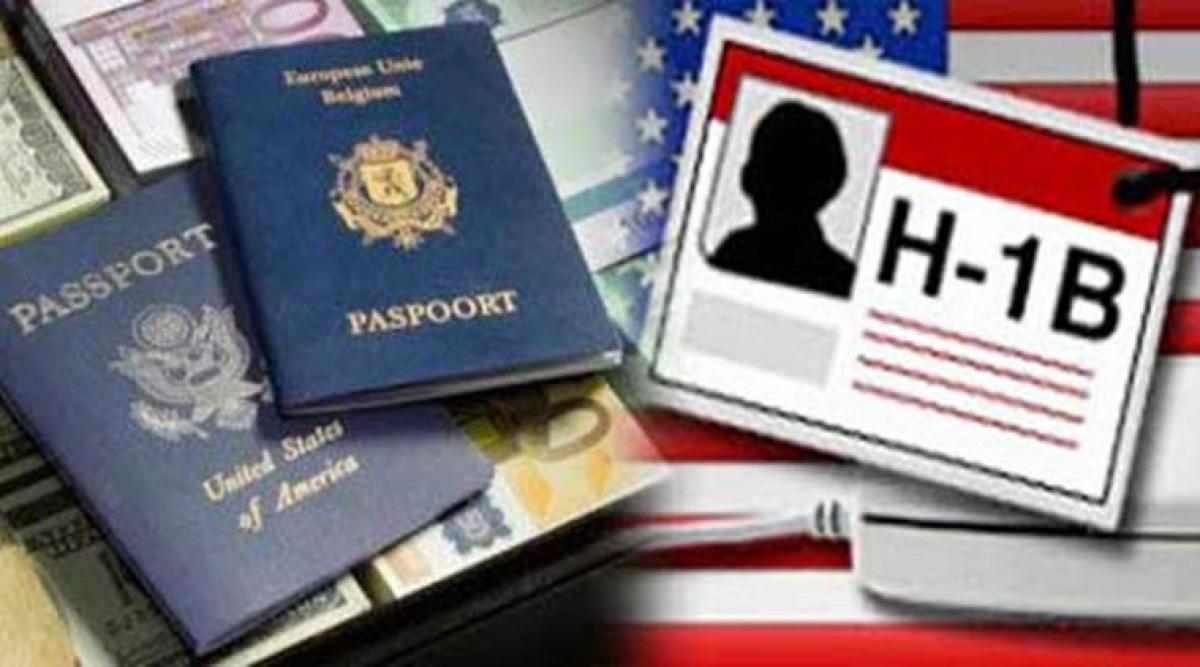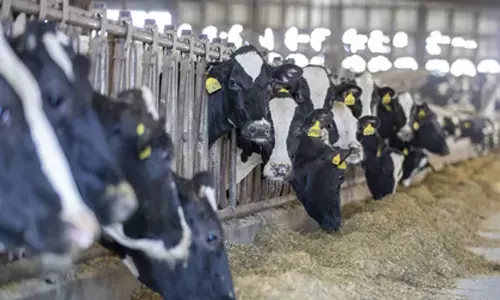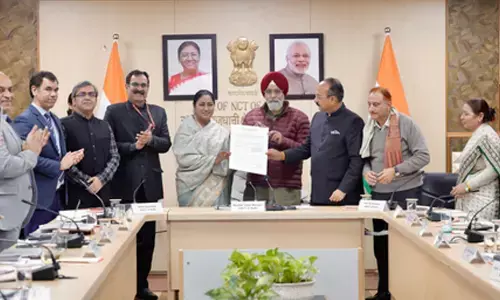Legislation introduced to reform H-1B in US House of Representatives

A legislation has been introduced in the US House of Representatives which among other things calls for more than doubling the minimum salary of H-1B visa holders to USD 130,000, making it difficult for firms to use the programme to replace American employees with foreign workers, including from India.
A legislation has been introduced in the US House of Representatives which among other things calls for more than doubling the minimum salary of H-1B visa holders to USD 130,000, making it difficult for firms to use the programme to replace American employees with foreign workers, including from India.
The High-Skilled Integrity and Fairness Act of 2017 introduced by California Congressman Zoe Lofgren prioritises market based allocation of visas to those companies willing to pay 200 per cent of a wage calculated by survey, eliminates the category of lowest pay, and raises the salary level at which H-1B dependent employer are exempt from non displacement and recruitment attestation requirements to greater than USD 130,000.
This is more than double of the current H-1B minimum wage of USD 60,000 which was established in 1989 and since then has remained unchanged.
"My legislation refocuses the H-1B programme to its original intent - to seek out and find the best and brightest from around the world, and to supplement the US workforce with talented, highly-paid, and highly-skilled workers who help create jobs here in America, not replace them," said Lofgren.
"It offers a market-based solution that gives priority to those companies willing to pay the most. This ensures American employers have access to the talent they need, while removing incentives for companies to undercut American wages and outsource jobs," he said.
Lofgren said it removes the 'per country' cap for employment based immigrant visas so that all workers are treated more fairly and to move to a system where employers hire the most skilled workers without regard to national origin.
What the H-1B visa entails:
It raises the salary level at which H-1B dependent employer are exempt from attestation requirements to a new required wage level of 35 percentile points above the median national annual wage for Computer and Mathematical Occupations published by the Department of Labour Occupational Employment Statistics (roughly USD132,000), which would be adjusted in the future without the need for new legislation, and eliminates the Master’s Degree exemption for dependent employers.
The legislation sets aside 20 per cent of the annually allocated H-1B visas for small and start-up employers (50 or fewer employers) to ensure small businesses have an opportunity to compete for high-skilled workers, while still protecting against outsourcing. It among other things removes visa hurdles for students and other temporary visa holders by building a bridge from F-1 student status to Lawful Permanent Residence and removes paperwork burdens by streamlining H-1B filing requirements and reducing administrative costs.
The legislation tightens employee protection by stipulating that employers may not reduce beneficiary wages, regardless of whether the deduction is in accordance with a voluntary authorisation by the employee.















